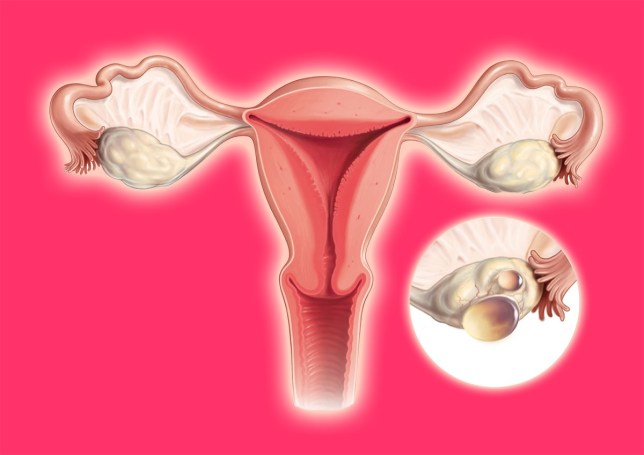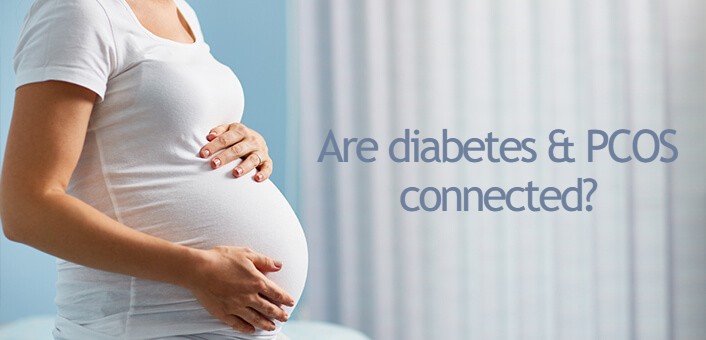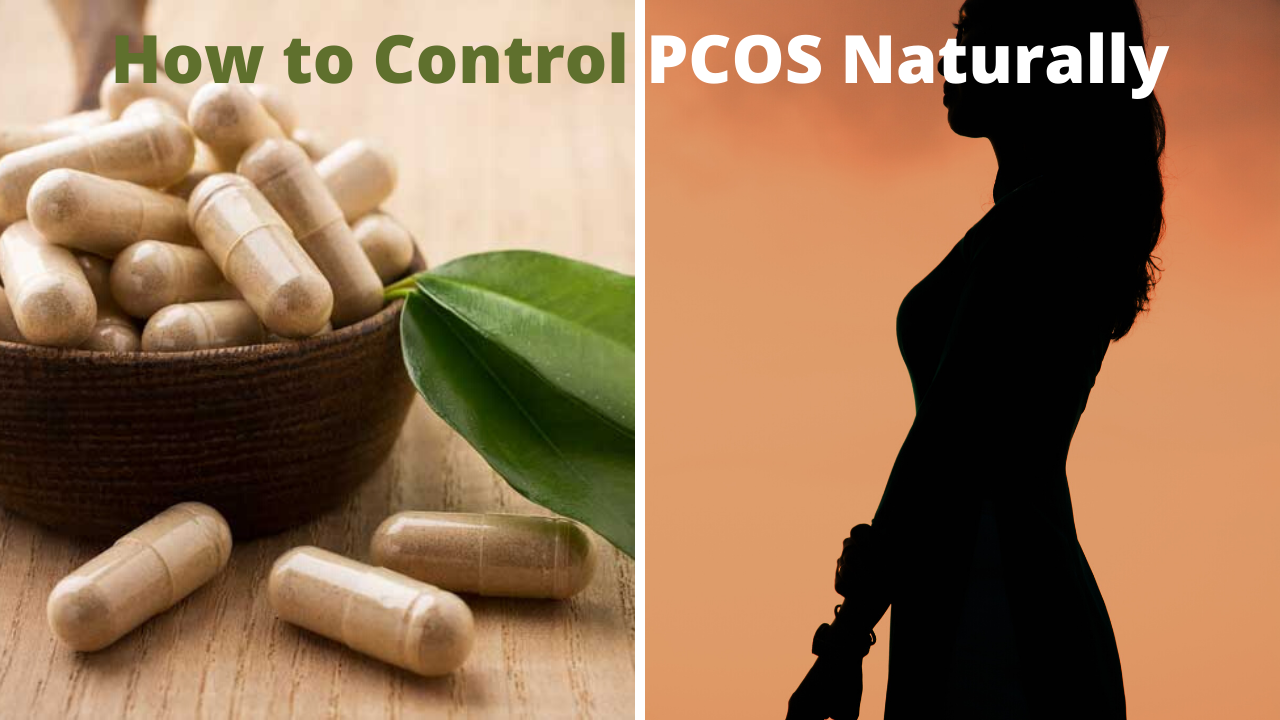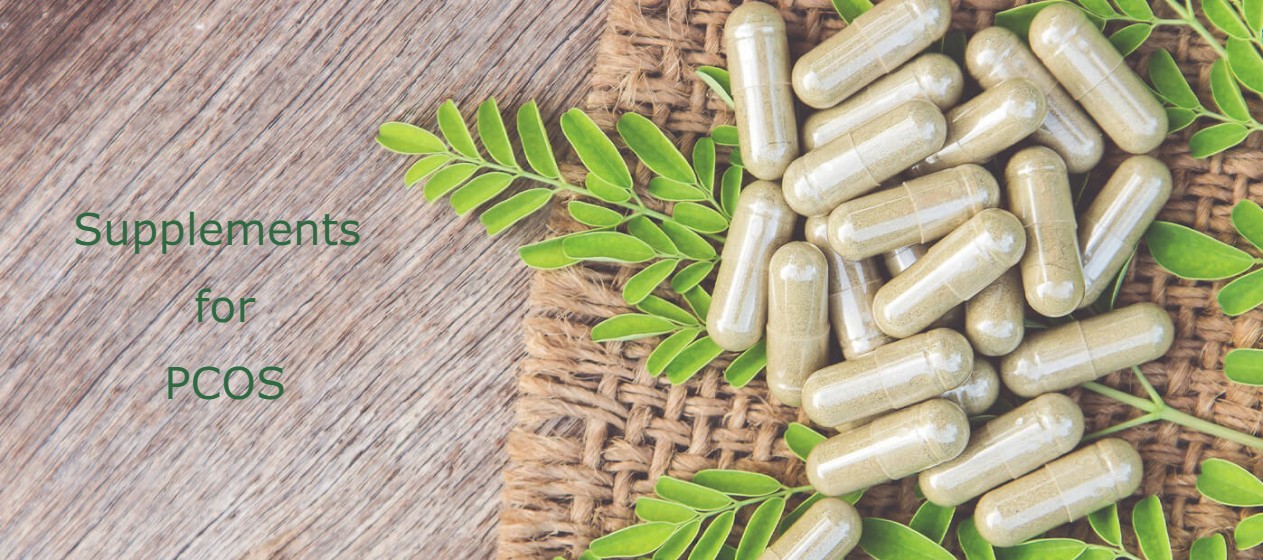PCOS is polycystic ovary syndrome. PCOS and menopause, both have a relation with hormones bit menopause does not cure PCOS. When you hit your menopause phase there are chances that you might have some symptoms of PCOS along with the symptoms of menopause.
Symptoms of perimenopause vs. PCOS
There are chances that you still see some symptoms of PCOS when you hit perimenopause and menopause. Perimenopause is the period that comes before menopause. In this period, you will experience irregular periods and hot flashes. There are chances that this period can last for many years. You can be sure that you are in menopause when you do not get your period for 12 months.
Perimenopause starts when you are in your 40s or 50s. The average age of menopause is 51. Generally, women with PCOS reach menopause two years later compared to women who do not have this condition.
Here is a comparison between the symptoms of the two conditions:
| Symptoms | PCOS | Perimenopause |
| Irregular or missed period | Yes | Yes |
| Acne and skin problems | Yes | No |
| Headaches | Yes | No |
| Hot flashes | No | Yes |
| Infertility | Yes | Yes |
| Pelvic pain | Yes | No |
| Changes in sex drive | Yes | No |
| Mood changes | Yes | Yes |
| Pain and discomfort during sex | No | Yes |
| Sleeping problem | Yes | Yes |
| Excessive hair growth | Yes | Yes |
| Thinning hair on the head | Yes | Yes |
| Vaginal and urinary tract infections | No | Yes |
| Vaginal dryness | No | Yes |
| Weight gain | Yes | Yes |
Complications
PCOS increases your health risk in certain ways:
- insulin resistance and type 2 diabetes
- inflammation
- blood cholesterol and fats
- infertility
- heart attack
You are likely to get the above risks if you are aging, have obesity or in the perimenopause or menopause phase.
There are chances that some women with PCOS have a lower risk of complications after the menopause phase.
How to manage PCOS in perimenopause
There are a few techniques that can help manage perimenopause symptoms along with PCOS symptoms.
Reduce obesity
If you have obesity there you have a risk of getting heart attack and insulin resistance. The below strategies will help in controlling your weight and also improve your diet.
- Have small portions of food
- Avoid pastries, baked goods, packaged snacks and sweet drinks
- Consume whole grains, rice and beans
- Eat fresh fruits and vegetables
- Indulge in some physical activity like a short walk or a jog
- Include exercise in your routine or join gym
Do not be too hard on yourself. Try to lose weight at the rate of 1 or 2 pounds a week.
Improve your sleep routine
The symptoms of PCOS and menopause will make it hard to get good sleep. The below tips will help you to get sleep faster and stay asleep for longer time.
- Try to make a sleep routine. Go to sleep at the same time and wake up at the same time
- Remove all the electronic devices from your bedroom. If your alarm clock glows then keep it facing the wall or face down
- Avoid using laptop, tablet or mobile for an hour before going to bed as it can disturb the functioning of the melatonin
- Avoid having caffeine after the noon
- Get rid of bedroom clutter to experience calmness
- Replace the worn-out pillows and mattresses
- Avoid eating heavy meals just before going to bed
- Read a book, relax in a bathtub or meditate
Reduce hot flashes
- Wear layers so you can remove a layer when you experience a hot flash
- Wear breathable fabric in the day and while you sleep
- Limit the intake of caffeine, alcohol and spicy food
- Carry a handy fan
- Keep your bedroom cool so when it gets too hot you can remove your blanket
- Wear a cool gel pad while sleeping
Take proper medications
There are many symptoms of menopause that can be controlled by making changes to your lifestyle. If you feel your symptoms have become severe then you should consult a doctor and get proper medications to treat them.
For some of the women, menopausal hormone therapy can help but this might not work for everyone. You can also make use of medication to control excessive hair growth. If you are experiencing vaginal dryness or facing discomfort during intercourse then there are vaginal lubricants that are available over-the-counter.





